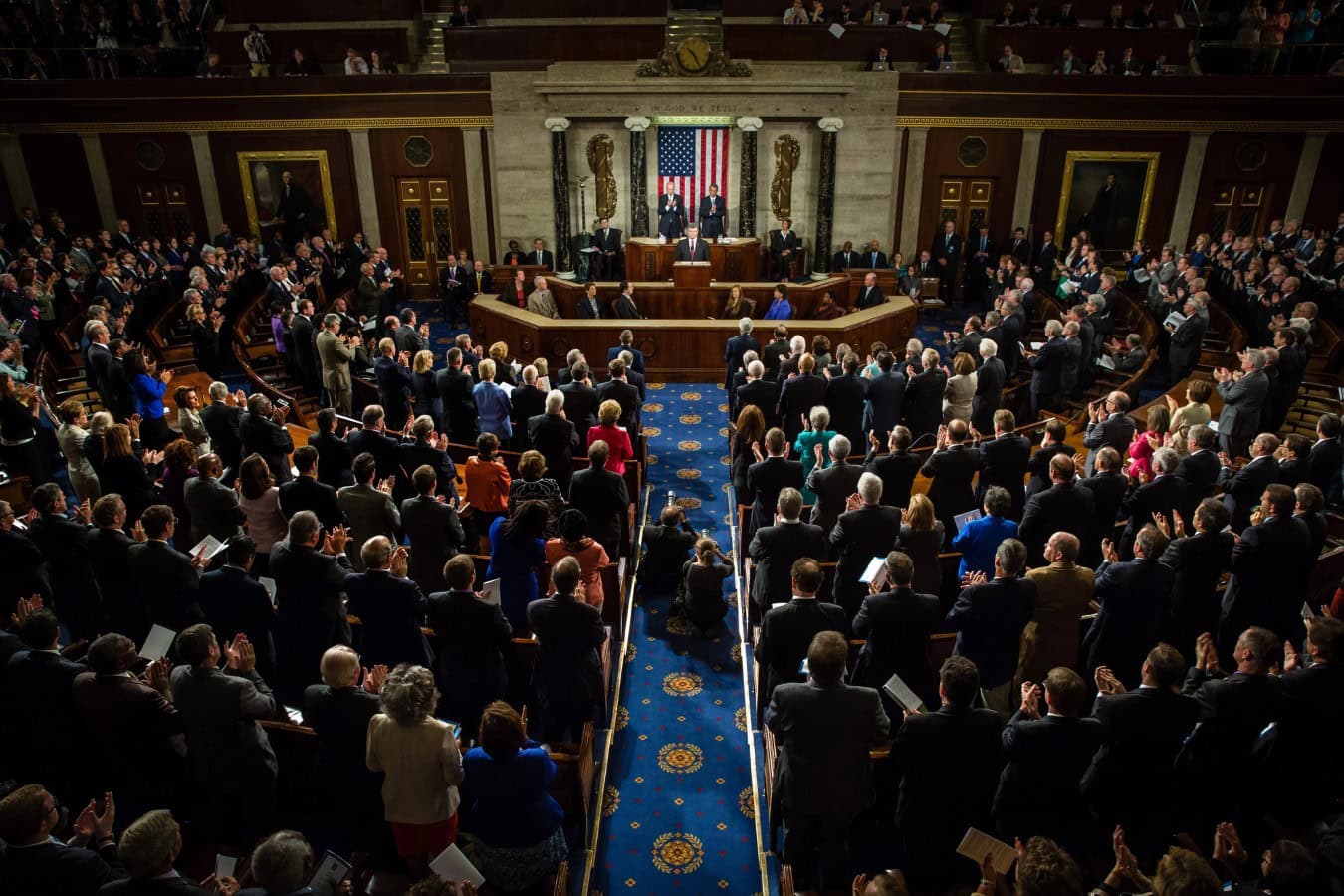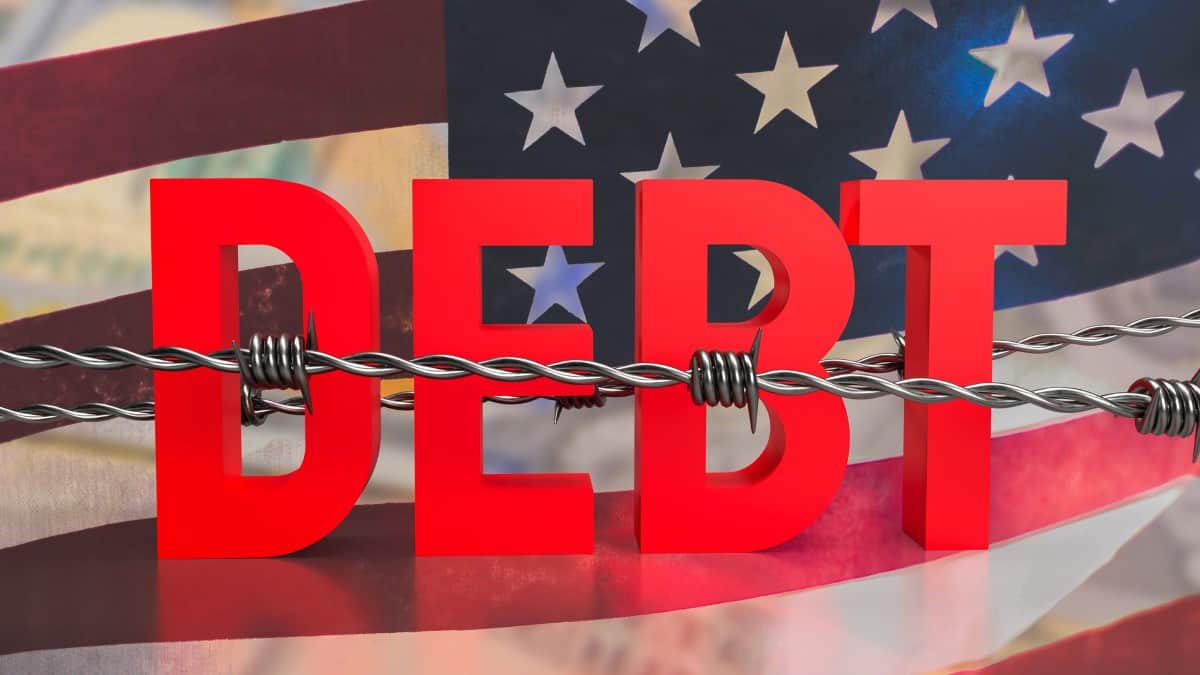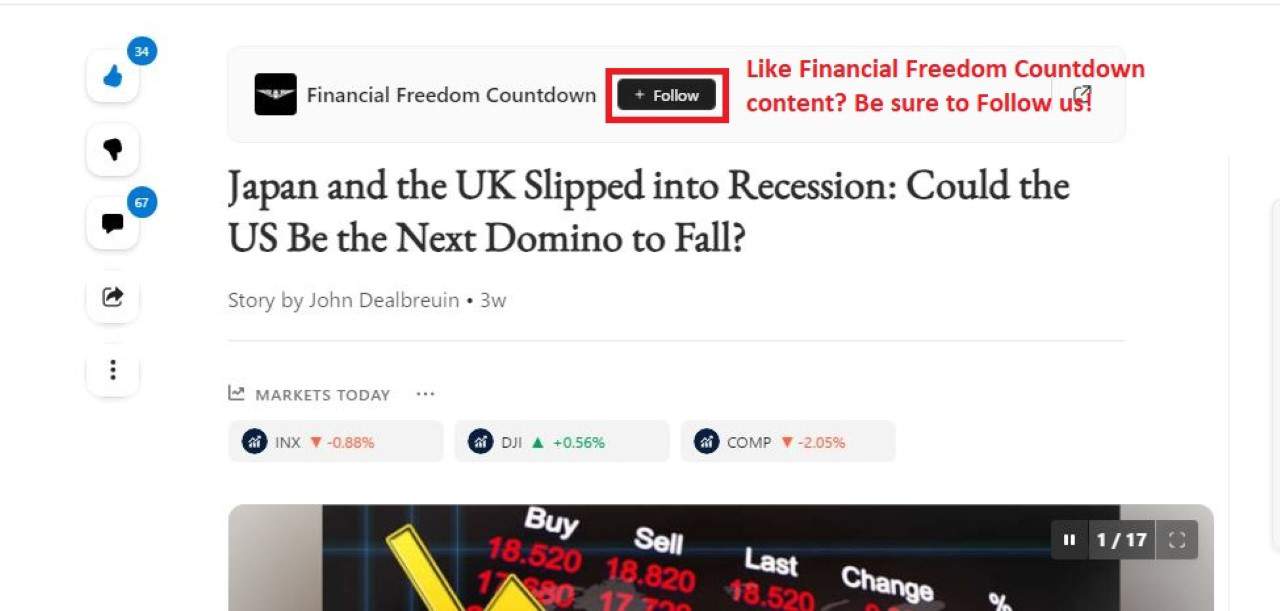CBO Floats $1,660 Flat Social Security Check; Three-Quarters Of Retirees Would Lose Out – Financial Freedom Countdown
In a move that’s already raising eyebrows, and likely to spark outrage; the Congressional Budget Office (CBO) has proposed replacing all future Social Security benefits with a flat monthly check of $1,660 for individuals and $2,250 for couples.
While it’s framed as a fix for Social Security’s deepening financial hole, the change would cut benefits for roughly three out of four future retirees, according to the CBO’s own analysis.
Seniors who worked longer or earned more could see their retirement income slashed; while the savings barely put a dent in the nation’s mounting deficit.

Social Security benefits for retired workers are currently based on a worker’s average lifetime earnings, which are adjusted to reflect overall wage growth in the economy.
A progressive formula is then applied, offering a higher replacement rate for lower earners; meaning those with modest incomes receive a larger percentage of their previous wages, though higher earners still receive larger absolute payments.
In addition, the age at which a worker claims benefits plays a significant role in determining the final amount. Claiming before full retirement age (FRA)—which is 67 for anyone born in 1960 or later—reduces monthly payments, while delaying benefits up to age 70 increases the payout.
This structure incentivizes workers to delay retirement if financially feasible, though many are unable to do so.
Two Flat-Benefit Options Tied to the Poverty Line

The CBO outlines two alternatives for implementing a flat Social Security benefit, both of which would set a uniform monthly payment for newly eligible retirees at their full retirement age (FRA).
This flat amount would be based on a percentage of the federal poverty level (FPL); a figure adjusted each year using the Consumer Price Index for Urban Consumers (CPI-U).
More Generous Option at 150% FPL

The first option sets the benefit at 150% of the FPL, which would be about $1,990 per month in 2026. Under this plan, roughly one-third of new beneficiaries would receive more than under today’s formula, while two-thirds would get less.
Austerity Option at 125% FPL

The second, more austere option sets the benefit at 125% of the FPL, or around $1,660 per month in 2026.
In this scenario, only one in four retirees would see an increase in their benefits, while a full 75% would experience cuts compared to current law.
Importantly, all other rules; such as early or delayed claiming adjustments, and benefits for dependents and survivors would remain unchanged.
Every newly eligible retiree or disabled worker would receive the same base benefit, regardless of prior earnings.
Who Wins, Who Loses?

This shift would increase benefits for lower earners; and cut them for higher earners.
Middle-income retirees would also likely see benefit reductions under either version.
The Flat-Benefit Difference

Under the proposed option, all workers would receive the same benefit at full retirement age, regardless of how much they earned over their careers.
The new model would sharply cut benefits for the wealthiest retirees:
Up to 62% lower lifetime benefits for top earners under the 125% scenario.
Middle-income workers could see 30% to 41% lower returns.
A Lifeline for Low Earners

For those in the bottom fifth of lifetime earnings, benefits could increase by up to 32%.
The policy would effectively lift many older Americans out of poverty, especially if paired with continued dependent benefits.
Redistribution on a National Scale

Both versions make Social Security more progressive.
The lowest earners would see larger benefits relative to their earnings, while higher earners would get less than they paid in.
Impact on Other Safety Net Programs

Bigger Social Security checks for lower income could reduce need for food stamps or Supplemental Security Income.
But for those who see cuts, reliance on such programs may increase; with unknown budgetary effects.
Trade-Offs for Work Incentives

Because earnings wouldn’t boost future benefits, some workers might retire earlier or work less. However, those facing smaller checks may work longer or save more to make up the shortfall.
A Radical Fix That Slashes Most Future Benefits

The proposed flat benefit, equal to 125% of the federal poverty line; would dramatically shift Social Security from a wage-based benefit to a basic-income-style model.
Currently, average retiree benefits are around $1,900 per month. That means millions would see benefit reductions under the new plan, while only about 25%, primarily low-income seniors would see gains.
Why the CBO Says Drastic Changes Are Inevitable

Social Security is on pace to run out of money in less than a decade.
The program would need $22.6 trillion today just to stay solvent; nearly 75% of the nation’s annual GDP.
As insolvency looms, CBO analysts warn that radical proposals like the flat benefit may soon be less of a theory and more of a reality.
Social Security is the largest federal program.
With trust funds expected to run dry by 2033, the flat-benefit approach offers a path to long-term sustainability.
The 125% option could reduce outlays by 33% by 2052.
Debt Crisis Looms Larger

The national debt has ballooned from $19 trillion in 2016 to $36 trillion today; and now exceeds 100% of GDP.
The CBO projects it will hit 156% of GDP by 2055, a level the U.S. has never experienced.
Without meaningful changes to both spending and taxes, experts warn, America could face a fiscal reckoning.

Though just a policy option for now, the fact that this proposal appears in an official CBO publication signals how far the debate has shifted.
The CBO proposal was published on Dec 12, 2024. Since then we have a new administration in charge so it is quite possible that these might not be implemented right away.
However, the latest Social Security Trustees report published this month has raised alarm bells. The report indicated that the Trust Fund is expected to be insolvent a year sooner than anticipated primarily due to the Social Security Fairness Act signed by President Biden which increased benefits for government workers.
As budget pressures mount, radical ideas that once seemed unthinkable like slashing future benefits for millions could be squarely on the table.
The Bottom Line: Simpler But Fairer?

A flat Social Security benefit would be easier to understand and redistributes money to lower income seniors.
But it comes with winners and losers; especially middle and high-income retirees.
Whether it’s politically viable remains to be seen, but in a post-2033 world, it may be the kind of hard choice Washington is forced to make.
Like Financial Freedom Countdown content? Be sure to follow us!
Treasury I Bond Rates Increases from 3.11% to 3.98% – But with a 1.1% Fixed Rate Locked for 30 Years, Is It Still a Smart Investment?

Inflation has become a significant concern. During the past three years of surging inflation, I bonds offered a safe and attractive investment option. However, with recent lower CPI numbers, the current composite rate for I bonds bought after May 1, 2025 will be 3.98%. The rate has slightly increased from the prior 3.11% but is a sharp decline from the enticing 9.62% annual rate available in May 2022 or even the 4.28% available for bonds purchased before October 31st, 2024. As rates decrease, investors are now considering whether it’s still worth buying Series I bonds.
Discover 15 Smart Investments That Provide Monthly Passive Income

Are you dreaming of a steady passive income every month from your investments? It’s not just a fantasy for the wealthy—it’s attainable for anyone ready to explore their options. Whether you’re just starting out or seeking to diversify, learn how to establish a reliable monthly income stream from familiar choices to hidden opportunities.
Discover 15 Smart Investments That Provide Monthly Passive Income

Social Security beneficiaries are projected to receive a 2.6% Cost-of-Living Adjustment (COLA) in 2026, according to estimates based on the latest inflation data released by the Bureau of Labor Statistics on July 15, 2025. The adjustment, which determines how much monthly benefits increase to keep pace with inflation, is calculated using the Consumer Price Index for Urban Wage Earners and Clerical Workers (CPI-W). While this projected bump is slightly higher than the previous month’s estimate of 2.5%, it still falls short of covering rising living costs for many seniors.
Social Security’s 2.6% Projected COLA in 2026 Could Be Wiped Out by Rising Medicare Costs

Did you find this article helpful? We’d love to hear your thoughts! Leave a comment with the box on the left-hand side of the screen and share your thoughts.
Also, do you want to stay up-to-date on our latest content?
1. Follow us by clicking the [+ Follow] button above,
2. Give the article a Thumbs Up on the top-left side of the screen.
3. And lastly, if you think this information would benefit your friends and family, don’t hesitate to share it with them!

John Dealbreuin came from a third world country to the US with only $1,000 not knowing anyone; guided by an immigrant dream. In 12 years, he achieved his retirement number.
He started Financial Freedom Countdown to help everyone think differently about their financial challenges and live their best lives. John resides in the San Francisco Bay Area enjoying nature trails and weight training.
Here are his recommended tools
Personal Capital: This is a free tool John uses to track his net worth on a regular basis and as a retirement planner. It also alerts him wrt hidden fees and has a budget tracker included.
Platforms like Yieldstreet provide investment options in art, legal, real estate, structured notes, venture capital, etc. They also have fixed-income portfolios spread across multiple asset classes with a single investment with low minimums of $10,000.
